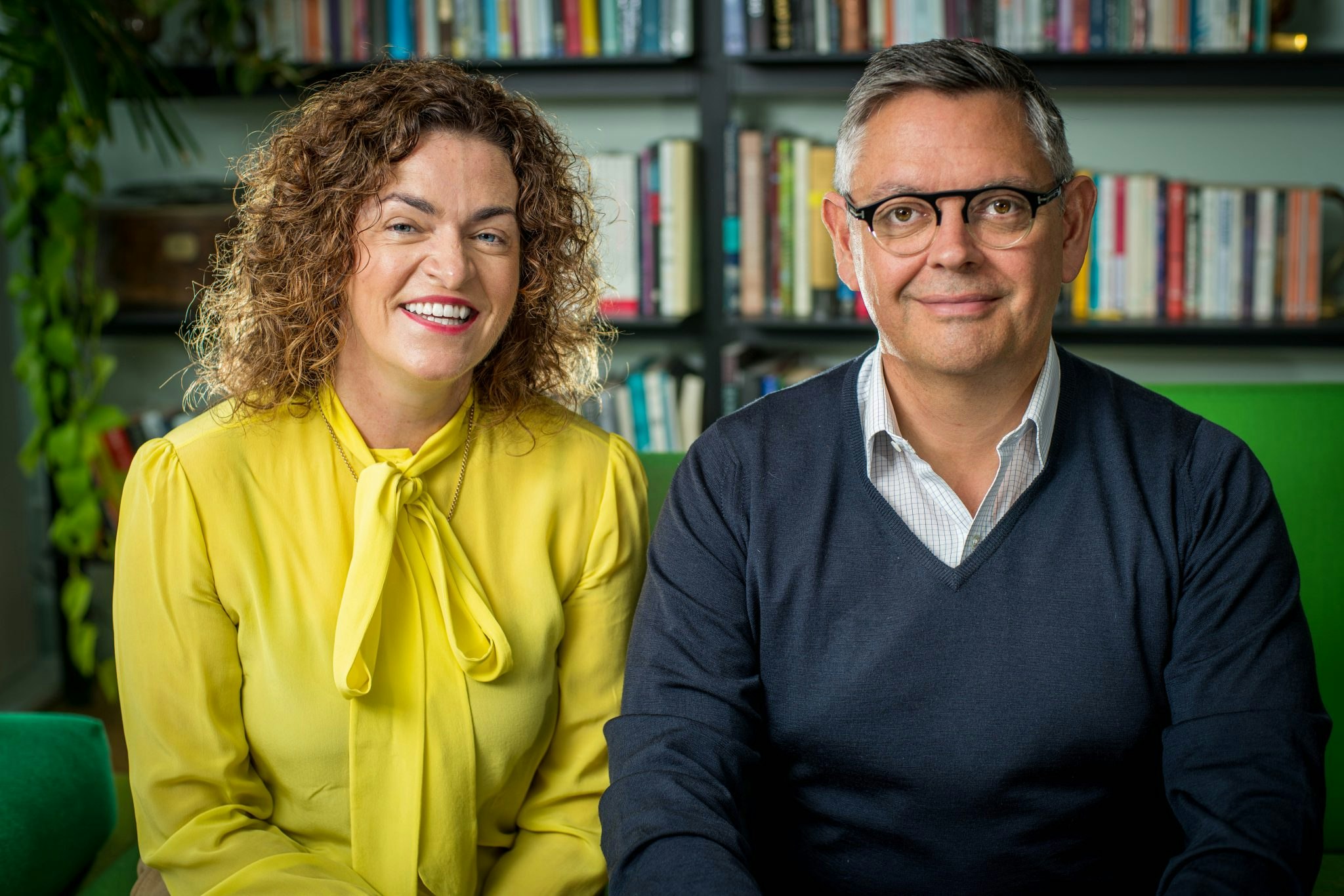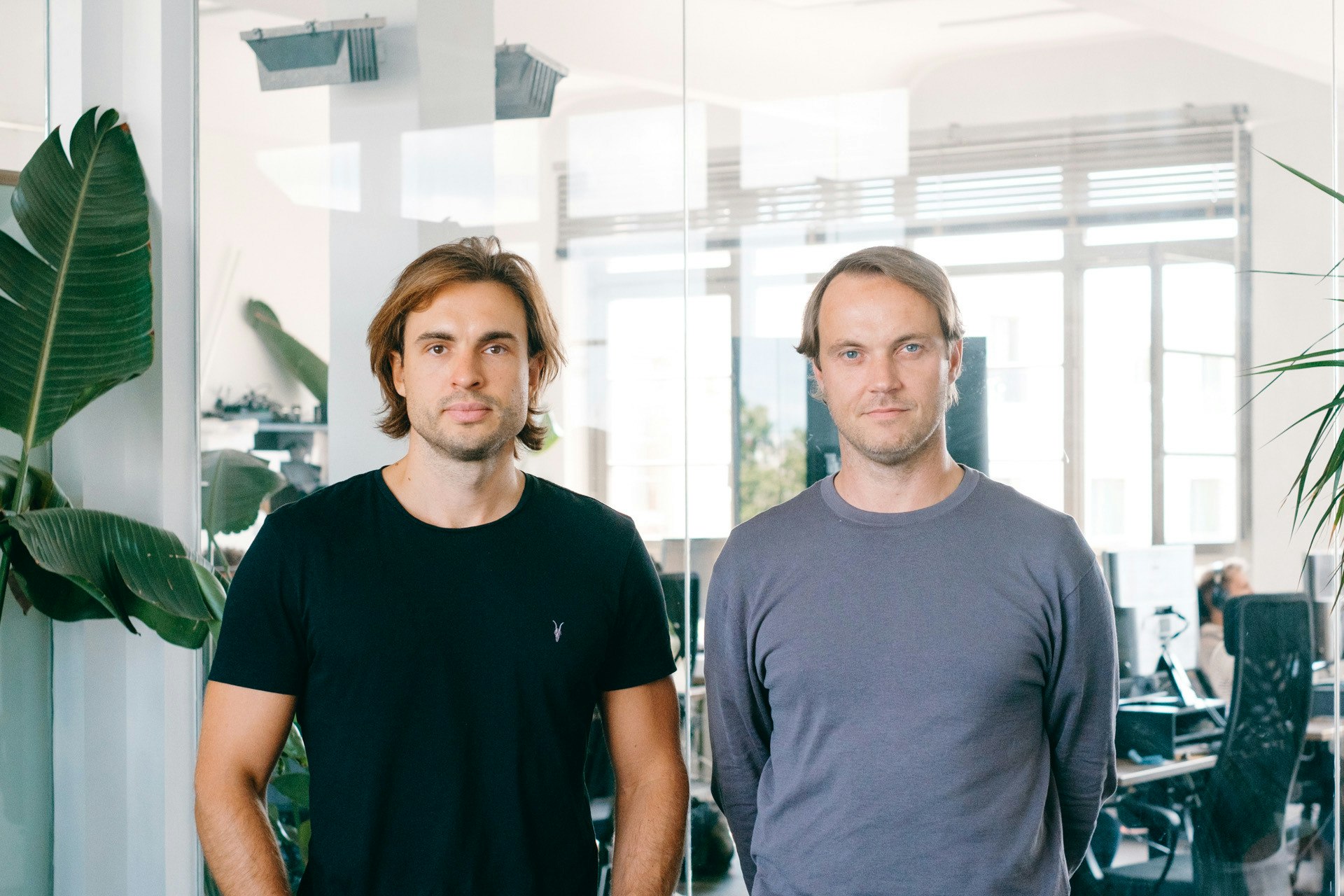Spain is throwing it all at green hydrogen — but investors and experts warn it must learn the lessons from its solar energy fiasco in the early 2010s.
The southern European country lacks deeptech unicorns, but it has spotted an opportunity in green hydrogen on the back of its strong renewable energy generation.
Scalded by what happened with solar energy, where Spain started off as a strong innovator only to become a user of other countries’ technologies after halting state subsidies in 2013 and killing demand by introducing a so-called “sun tax”, the government is now determined to avoid those mistakes.
Spain is allocating €1.5bn in EU funds to boost renewable hydrogen as part of a national roadmap, which sets out a target for renewable hydrogen to contribute at least 25% of the total hydrogen consumed by all industries in 2030. The cash influx has led to an increase in startups entering the space, experts say.
“There’s a significant growth of startups working on hydrogen in Spain,” working on all parts of the supply chain, from electrolysis equipment to software, shipping and storage, and the country is playing an important role when it comes to pilot projects, says Mónica Aguado, from Spain’s National Centre for Renewable Energies.
“We are seeing interesting startups,” confirms Óscar López, venture capital analyst at Net Zero Tech Ventures, a VC fund launched last year and worth €150m, which is focused on energy transition technologies and has energy giant Repsol as one of its LPs.
The upsides
After the 2021 investment boom and the subsequent fall in valuations, many thought the tap would remain closed for green hydrogen, says Iker Marcaide, CEO and cofounder of Matteco, a University of Valencia spinoff founded in August that produces catalysts and electrodes for green hydrogen electrolysers.
But the Ukraine war made European leaders aware of the need to invest in cleantech to break their dependence on Russian fossil fuels, and the EU funds flowing from Brussels are helping persuade a number of Spanish VC firms and entrepreneurs-turned-investors to open their wallets.
Just two weeks ago, the European Commission launched the European Hydrogen Bank’s first auction, aimed at incentivising private investment, with companies being invited to submit their bids by February 8.
The government also wants to capitalise on its robust renewable energy production and aims to generate 74% of its electricity from renewable sources by 2030 — which will be key for green hydrogen, as it is produced by using renewable electricity to split water into hydrogen and oxygen molecules.
“The speed of the policymaking and the corporates’ agendas is incredible,” says Marcaide, from Matteco, which is backed by Zubi Group, launched in 2014 after he shepherded payments platform Flywire to its IPO — becoming the first Spanish startup trading in Nasdaq. Matteco plans to invest €15m in the next two years and hire more than 100 people.
“There’s been a strategic shift, a swerve. Spain is promoting green hydrogen, the subsidies are working and there’s a lot of impetus,” agrees Aleix Marcó, cofounder with Bielenis Villanueva of SOREN HYDROGEN.
The startup, founded in Oslo a year and a half ago, with presence in Barcelona and Mallorca, develops software to calculate the feasibility of a green hydrogen plant, predicting and optimising electrolyser behaviour. Its backers include Barcelona-based Inclimo Climate Tech Fund, Ship2B Ventures and Madrid-based Bonsai Partners, alongside Norwegian investors.
The ecosystem is showing signs of progress. Spain has more hydrogen patents than Germany and Italy, and there’s a plethora of large projects led by big corporations such as energy firms Enagás, Iberdrola, BP and Repsol. And the government-backed Next-Tech fund, run by the Instituto de Crédito Oficial, is helping de-risk green hydrogen investments in young Spanish companies, says López.
“Cleantech VCs in Spain are growing and are not scared of investing in projects with hardware,” says Marcaide, from Matteco.
Tech challenges
Green hydrogen remains more expensive to produce than hydrogen made using fossil fuels. The renewable energy needed for its production is not available round-the-clock and battery storage is still not economical.
However, investors say using green hydrogen in the production of steel or fertilisers instead of hydrogen from fossil fuels makes economic and environmental sense.
The last couple of years have shed light on what’s worth investing in, says López, with some technologies, such as Proton Exchange Membrane (PEM) electrolysers and alkaline electrolysers, emerging as the most commercially viable.
And there’s hope startups will play a greater role in reducing the costs of producing green hydrogen by coming up with better hardware, he adds.
There’s plenty of competition in this area. Barcelona-based Jolt Electrodes secured €6m in a Series A round last June to produce next-generation activated electrodes for electrolysis and fuel cells. Madrid-based H2Greem, a spinout of Enagás founded in 2020, sells PEM electrolysers producing 500kg of hydrogen per day, and Seville-based startup H2B2, which makes electrolysers able to produce up to 1,300kg of hydrogen per day, is preparing an IPO.
“We must focus on decreasing the cost of green hydrogen and that means improving electrolysers, one of the most expensive pieces in the machinery,” says Marc Sabas, investment director at Ship2B Ventures, one of the firms backing Jolt Electrodes. “That’s where we see an opportunity as a VC firm. Spain has a role to play here — not only when it comes to creating green hydrogen projects but also coming up with innovative components.”
Software also offers opportunities. FlexiDAO, another startup based in Barcelona, raised €6.43m in a Series A round last year to develop a blockchain platform to track the transport of green hydrogen in real-time.
However, most of Spain’s innovations are incremental rather than disruptive, Aguado says, insisting that the country must remain committed to its goal of producing its own innovations and avoid becoming an importer of German or Chinese green hydrogen tech — as happened with solar.
Green hydrogen is also in a battle with electrification for consumers, and in some areas, it has already lost, she adds.
Tecnovelero, a Tarragona-based startup, is raising funds to build a vehicle powered by green hydrogen by 2026, using portable H2 capsules which eliminate the need for a costly network of hydrogen stations to refuel.
But it faces strong competition from electric vehicles, which are emerging as the preferred option over those fuelled by hydrogen across most categories, perhaps with the exception of heavy transport.
A pilot hydrogen-powered train tested in Canfranc, a Spanish town in the Pyrenees near the border with France, achieved an important milestone in June when it completed a journey full of steep ramps.
The role of big projects
Mallorca, a Mediterranean island best known by its cala beaches and a sausage called sobrasada, aims to become Europe’s first fully functioning hydrogen ecosystem.
The goal of the Green Hysland project, funded with about €10m from the EU's Horizon 2020 R&D programme, is to produce green hydrogen from solar energy and deliver it to customers across the island, including companies in the hospitality, transport and energy industries. Mallorca hopes to cut its CO2 emissions by up to 21k tonnes a year once its green hydrogen industrial ecosystem is fully developed.
The experiment — led by energy firm Enagás and with the participation of researchers and SMEs from seven other EU countries plus UK, Morocco and Chile — is generating interest among startups working on green hydrogen on the island and its surrounding regions. If successful, it could provide Europe with a blueprint for the decarbonisation of other islands, such as Madeira or Tenerife. Lots of other big projects are popping up across the country, giving startups a chance to pitch their innovations.
Enagás is also a key player in the H2Med corridor, a planned multibillion-euro green hydrogen pipeline connecting the Iberian peninsula to France and on to Central Europe, funded by the Commission, which could spiral demand of Iberian-made green hydrogen once it becomes operational in 2030.
These large projects, Marcaide says, are creating lots of opportunities for green hydrogen startups working on production, transport and software development, but the sector will still take about 10 years to mature. “Spain is going to become a leader in Europe in green hydrogen, which in the end, it’s a vehicle to transport renewable energy,” he adds.
“In small and medium industries, we can achieve impact in shorter timescales than 10 years, but we need to invest in it,” says Miguelangel Ocando, founder and CEO of H2Vector, a startup based in Spain’s northern region of Asturias, which has designed a green energy battery to help other small and medium-sized businesses decarbonise their operations in Spain, Portugal and Estonia. He laments startups are having to accompany bigger companies in their projects in bids for public subsidies, making it harder for them to benefit.
Jim Totty, managing director at UK-based Viridis Capital points out that projects such as Green Hysland are “exactly what the sector needs” and are helping investors overcome their concerns about investing in a bubble market after the fall in 2021 valuations.
“A lot of green hydrogen technology is having a difficult time at the moment — the 2021 boom in investment has gone away — but green hydrogen projects are still very investible as long as you have the whole value chain locally,” he cautions.


